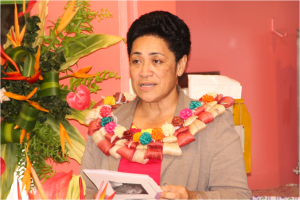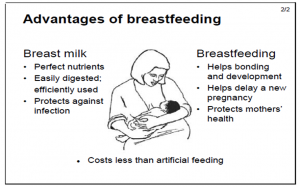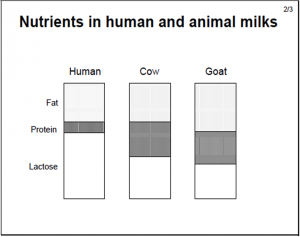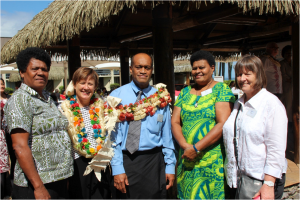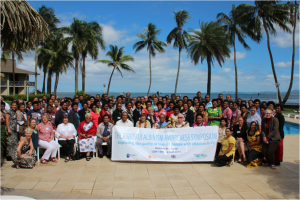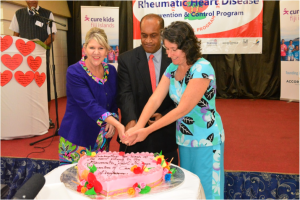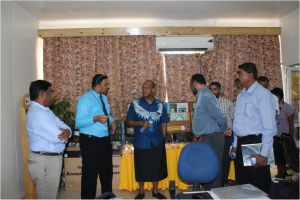BREAST IS STILL THE BEST
Breast milk is the perfect food for babies. It contains antibodies that help fight infection and decrease allergies. It has the perfect amount of nutrients and is easily digested. It’s cheap and readily available at the right temperature ALL the time. It helps with bonding and development. It decreases the chances of having diarrhoea, pneumonia and ear infection. It can also protect mother’s health by reducing the risk of breast and ovarian cancer, osteoporosis, post-partum depression and helps lose weight quickly.
The initial attachment to breast is to be done within the first hour of life with mother and baby having skin to skin contact. This will increase bonding while allowing baby to get warm and cozy.
In the first few days mothers produce liquid gold called Colostrum. This milk is rich in antibodies and white cells that help protect against infection and allergies. It acts as a purgative that helps clear meconium and prevent skin to turn yellow. It also has growth factors that help intestine to mature, prevent allergies and intolerance.
Thereafter, there is a transition into mature milk which has 2 components – fore milk and hind milk. The foremilk is lighter in colour and has more water content to quench baby’s thirst. The hind milk is dark white or yellow in colour and has more fat to help with baby’s growth.
It is recommended that babies be exclusively breastfed for the first 6 months of life. This means that the only thing baby needs is breast milk alone; there is no need to give water, sugar water, fruit juice or anything else to supplement breast milk.


